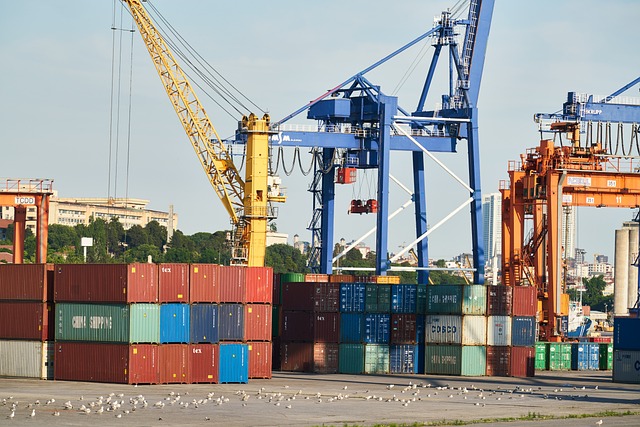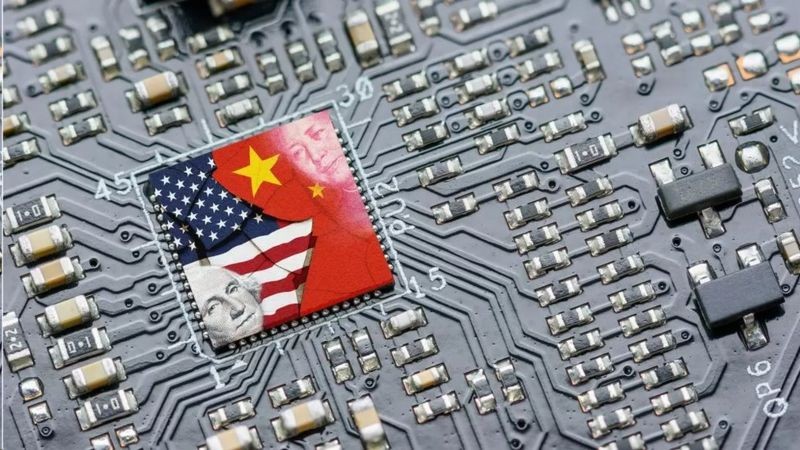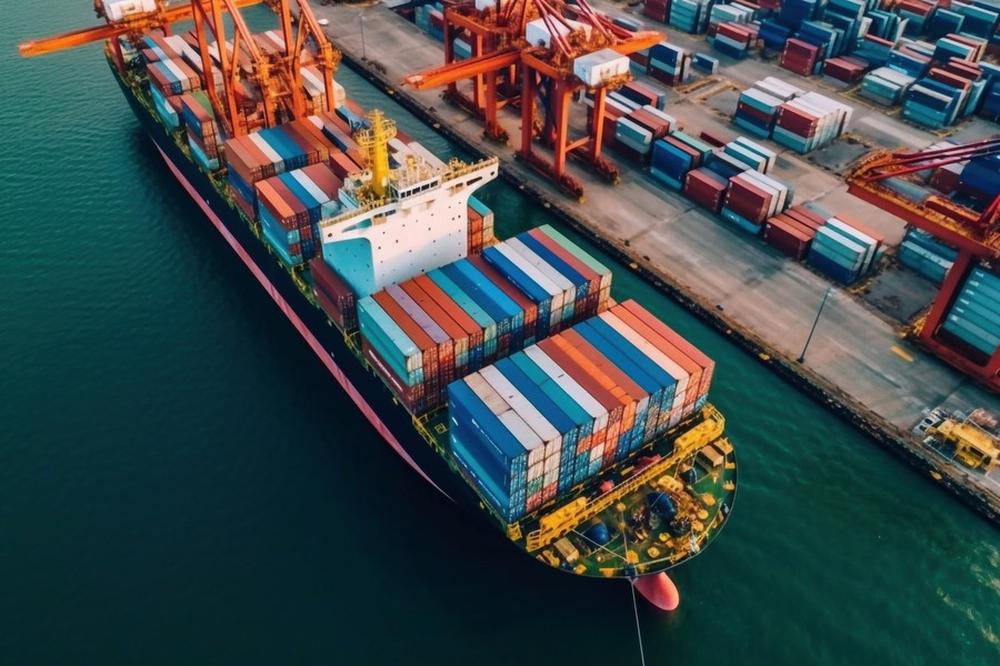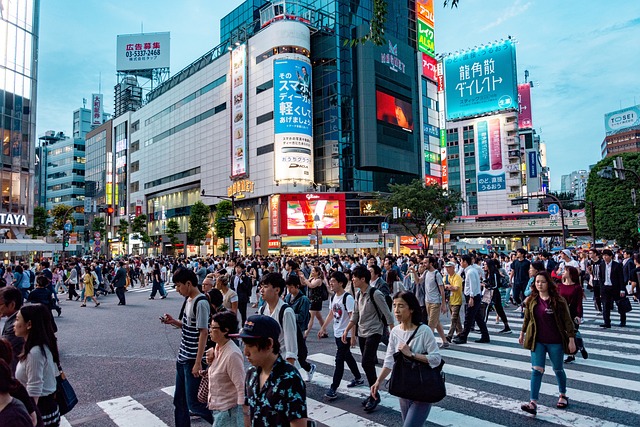- #Economy & Trade
- #South Korea
- #US Foreign Policy

► How do the global trade wars affect South Korea’s political and economic relationship with other countries? How do trade disputes influence Seoul to relocate its foreign partnership?
► Trade disputes between sovereign states have presented tensions and conflicts with tit-for-tat actions.
► Seoul has tried to relocate not only its trade partners but also its strategic allies to enhance its national interests. It has attempted to diversify supply chains and trade partners to mitigate the negative impacts of global trade wars on its domestic market, and it will need to monitor the global market further and continue reducing economic dependence on particular countries.
Liberals have argued that open trade curbs hostilities while realists have emphasized that close interdependence would elevate the prospect of occasional conflicts. States have expanded their global supply-chain network through globalization with the neoliberal belief that trade would benefit all participants. The argument seems convincing when taking a look at the pattern of economic growth in emerging economies that opened their markets. On the other hand, the neorealist view looks stronger in explaining trade disputes and rivalries between sovereign nations.
How do the global trade wars affect South Korea’s political and economic relationship with other countries? How do trade disputes influence Seoul to relocate its foreign partnership? This essay attempts to analyze the implications of global trade disputes on South Korea’s tit-for-tat actions in trade strategies and international relations by taking the examples from the recent South Korea-China economic controversy that aggravated from 2016, US-China trade war and South Korea-Japan trade dispute which arose in 2019.
Seoul’s Diversifying Partners after China’s Economic Retaliation Opposing THAAD
The official announcement of the US Terminal High Altitude Area Defense (THAAD) system deployment in South Korea in July 2016, of which discussion started in 2014, angered Beijing. The primary aim of Seoul’s decision on the THAAD deployment was to enhance national security against Pyongyang’s nuclear threats. However, the government of China worried the system’s radar would monitor Chinese territory and military activities. As a backlash, it imposed unofficial economic sanctions against South Korean businesses in China. The Chinese consumers called for boycotts of the South Korean products and banned group tours to South Korea.
The former Moon Jae-In government launched the New Southern Policy (NSP) in 2017 to diversify Seoul’s political and economic partners, especially targeting the Association for Southeast Asian Nations (ASEAN) members and India. The partnership enhancement was designed for the area of 3Ps (people, prosperity, and peace). It had three significant aims: (a) diversifying the external economic portfolio and global value chain by exiting from trade reliance on China and the US; (b) building diplomatic rebalancing beyond Seoul’s political and economic ties with the US, China, Japan, and Russia; and (c) establishing regional cooperation for the inclusive regional order by exiting from the G-2 (the US-China) collusion.[1]
Seoul’s Enhancing Diversification of Economic Partners after the US-China Trade War
The recent trade war between the US and China was triggered when the former Trump administration imposed tariffs on Chinese goods in 2018, as the US had a longstanding trade deficit and tension with China. It also raised issues regarding intellectual property theft and market-distorting forced technology transfers by Chinese firms in the US. The US government mentioned that the action was “to protect American businesses, workers, and farmers, and to put an end to Beijing’s practices that have contributed to hollowing-out of the United States manufacturing base.”[2] The war seemed to be ended by the time when the US President Biden was newly elected in 2021.
However, the Biden administration also announced a trade control policy on semiconductor chip export and technical assistance to China in October 2022. It later requested Japan and the Netherlands for cooperation, and the two world’s biggest suppliers of semiconductor-manufacturing equipment announced restrictions that take effect this year. The negative impacts of the US-China trade war would trouble consumers who need to pay for the increased prices of goods and services. Also, economic uncertainty from the dispute discourages investors’ business activities. The Yoon government in South Korea realized that the escalating rivalry between the two countries over technology would affect global semiconductor and battery-related industries shortly.[3] Seoul seeks to diversify the trade partners in the industries as follow-ups.
Seoul’s Self-Effort and Relocation of Trade Partners Beyond Rivalry with Tokyo
In July 2019, Japan imposed export controls on three key chemicals—fluorinated polyimide, photoresist, and hydrogen fluoride—which are significant for Korea’s semiconductor production. As a tit-for-tat action, South Korea dropped Japan from its ‘white list’ of countries with fast-track trade activities in the following month.[4] Further, it rather provided a good opportunity for South Korea to produce hydrogen fluoride domestically. For example, SK Materials, South Korea’s second-largest memory chipmaker, successfully began mass-producing hydrogen fluoride with 99.9999999999% purity within a year from the Japanese regulatory trade regime.[5] Through the localization of key industrial materials, the Government of South Korea could expect to reduce its heavy reliance on Japan over semiconductor trade.
The Yoon government emphasized the crucial role of the US firms in the semiconductor industry that can cooperate with the Korean private sector. It mentioned that mutual investments from both countries in the sector would provide mutual benefits and economic prosperity.[6] It also indicated that other regional partners in the European Union (EU) and the ASEAN could promote active collaboration in economic security for South Korea’s national interests. Especially, it expected that the ASEAN would be a good strategic partner for Indo-Pacific strategy, trade (around $176.6 billion in 2021, the second-largest partner) and human exchanges (closer to 10 million in 2019, top travel destination for Koreans).[7]
To sum up, trade disputes between sovereign states have presented tensions and conflicts with tit-for-tat actions. Further, such conflicts increased political and economic uncertainty in global politics and markets. Seoul has tried to relocate not only its trade partners but also its strategic allies to enhance its national interests. It has attempted to diversify supply chains and trade partners to mitigate the negative impacts of global trade wars on its domestic market. It will need to monitor the global market further and continue reducing economic dependence on particular countries.
[1] Choe, Wongi (2019). “New Southern Policy and the US Indo-Pacific Strategy: Future Directions for the US-South Korea Cooperation.” Institute of Foreign Affairs and National Security, Korea National Diplomatic Academy. 2019-19, Pp.6-9.
[2] The Government of the USA (2020). “United States Strategic Approach to the People’s Republic of China.” P.12. Available at U.S.-Strategic-Approach-to-The-Peoples-Republic-of-China-Report-5.24v1.pdf (archives.gov) (accessed September 17, 2013).
[3] Government of South Korea (2023). The Yoon Suk Yeol Administration’s National Security Strategy: Global Pivotal State for Freedom, Peace, and Prosperity. Office of National Security: Office of the President, Republic of Korea. P.25.
[4] The Ministry of Trade, Industry and Energy in the Government of South Korea denied the action was not to retaliate against Japan but to improve South Korea’s export control system. However, the rivalry between South Korea and Japan was understood as a complicated one because of their political history.
[5] It was understood that only the Japanese firms could provide hydrogen fluoride stably with the top purity level of which impurities would be less than one out of one trillion percent. See the Consulate General of South Korea, Yokohama, Japan (available at https://jpn-yokohama.mofa.go.kr/jp-ko/brd/m_1059/down.do?brd_id=15761&seq=1344485&data_tp=A&file_seq=1, accessed September 13, 2023).
[6] Government of South Korea (2023), op. cit. p.43; p.123.
[7] Government of South Korea (2023), op. cit. p.56.
Sojin Shin (PhD, National University of Singapore) is an Associate Professor at the School of International Relations (E-track) at Tokyo International University (TIU) in Japan. She is a political scientist and author of The State, Society, and Foreign Capital in India (Cambridge University Press, 2018). Her teaching and research interests include development, international political economy, and South Asian studies.


